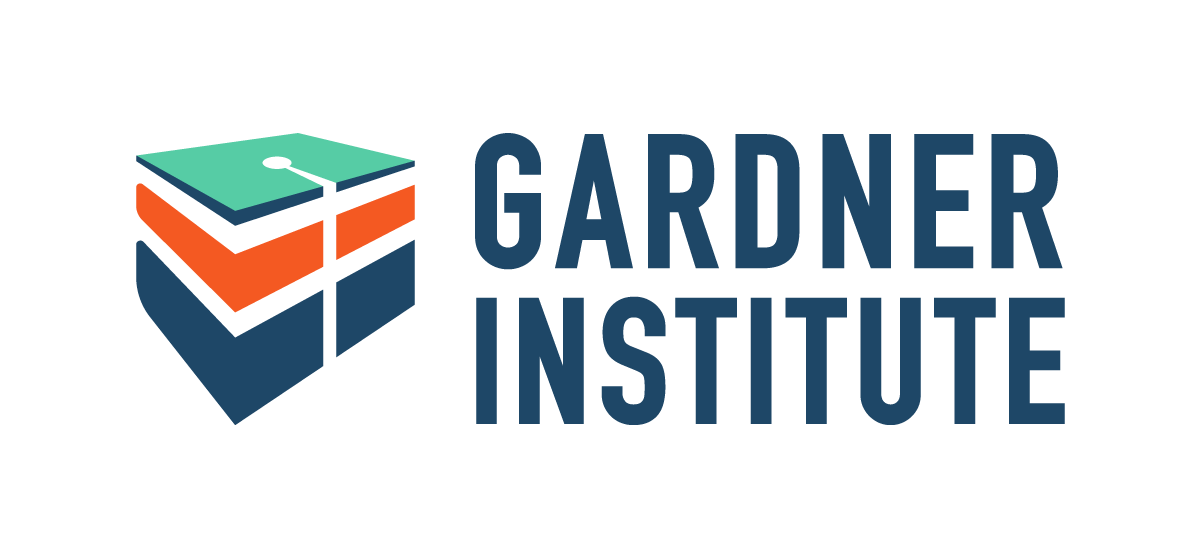2020 Edge Award Winner- Inaugral Recipient
Whereas the selection of Dr. Ewell for the Edgerton Award was based upon his achievement of the following award criteria he has:
1. Produced significant ideas and vision for how to improve higher education outcomes for our students which, in turn, has moved to a significant scale.
2. Translated that vision into multiple initiatives that have been widely adopted and extensively and positively evaluated.
3. Had a demonstrable impact on improving student learning and success.
4. Helped create and guide value-added experiences for students, the impact of which cannot be accounted for as a function of student characteristics such as race, gender, ethnicity, socio-economic status but instead is attributable to what the initiative actually did.
5. Showed that his ideas could be widely replicated, adapted, and institutionalized.
6. Created significant demand for his initiatives that have realized much greater use than might have been originally anticipated.
7. Demonstrated the capacity for synergy and partnerships with other innovators, their innovations, institutions, and organizations.
8. Realized significant achievement of the potential of his ideas but with remaining capacity for still greater realization and impact.
9. Accomplished, in Russ Edgerton’s own words, “a significant proven ability and influence to make institutions take greater responsibility for student learning.”
Whereas these themes illustrating the overall impact of his life’s professional work can be found in such specific activities as:
Distinguished service to the National Center for Higher Education Management Systems for 39 years in the capacities of Senior Associate, Vice President, and President.
Distinguished intellectual and practical leadership in assessing institutional effectiveness and student learning, involving both research and direct consulting with institutions and state systems on collecting and using assessment information in planning, evaluation, and budgeting.
Recognition by a wide range of philanthropic investors in higher education including the W. K. Kellogg Foundation, the National Institute for Education, The Consortium for the Advancement of Private Higher Education, The Spencer Foundation, Lumina Foundation, the Bill and Melinda Gates Foundation, and The Pew Charitable Trusts.
Consultation with over 425 colleges and universities and twenty-seven state systems of higher education on topics including assessment, program review, accreditation, and student retention.
International consulting on quality assurance including work in the United Kingdom, Chile, Germany, Australia, Hong Kong, Japan, Dubai, and with the OECD.
Designing longitudinal student databases and other academic management information tools.
Authorship or co-authorship of eight books and numerous articles on the topic of improving undergraduate instruction through the assessment of student outcomes.
Principal author (one of four) of the Lumina Degree Qualifications Profile (DQP).
Preparation of commissioned papers for many agencies, including the Study Group on the Conditions of Excellence in American Higher Education (authors of the report Involvement in Learning), the Education Commission of the States, the National Governors’ Association, the National Conference of State Legislators, and the National Center for Public Policy in Higher Education.
Speaker on assessment and quality assurance. In 1985 he gave the keynote address for the first national conference on Assessment in American Higher Education and has since spoken widely on this topic at both national and international conferences.
Leading in 1998 the design team that created the National Survey of Student Engagement (NSSE) and chaired its National Advisory Board for many years, as well as chairing the National Advisory Board of the Community College Survey of Student Engagement (CCSSE).
